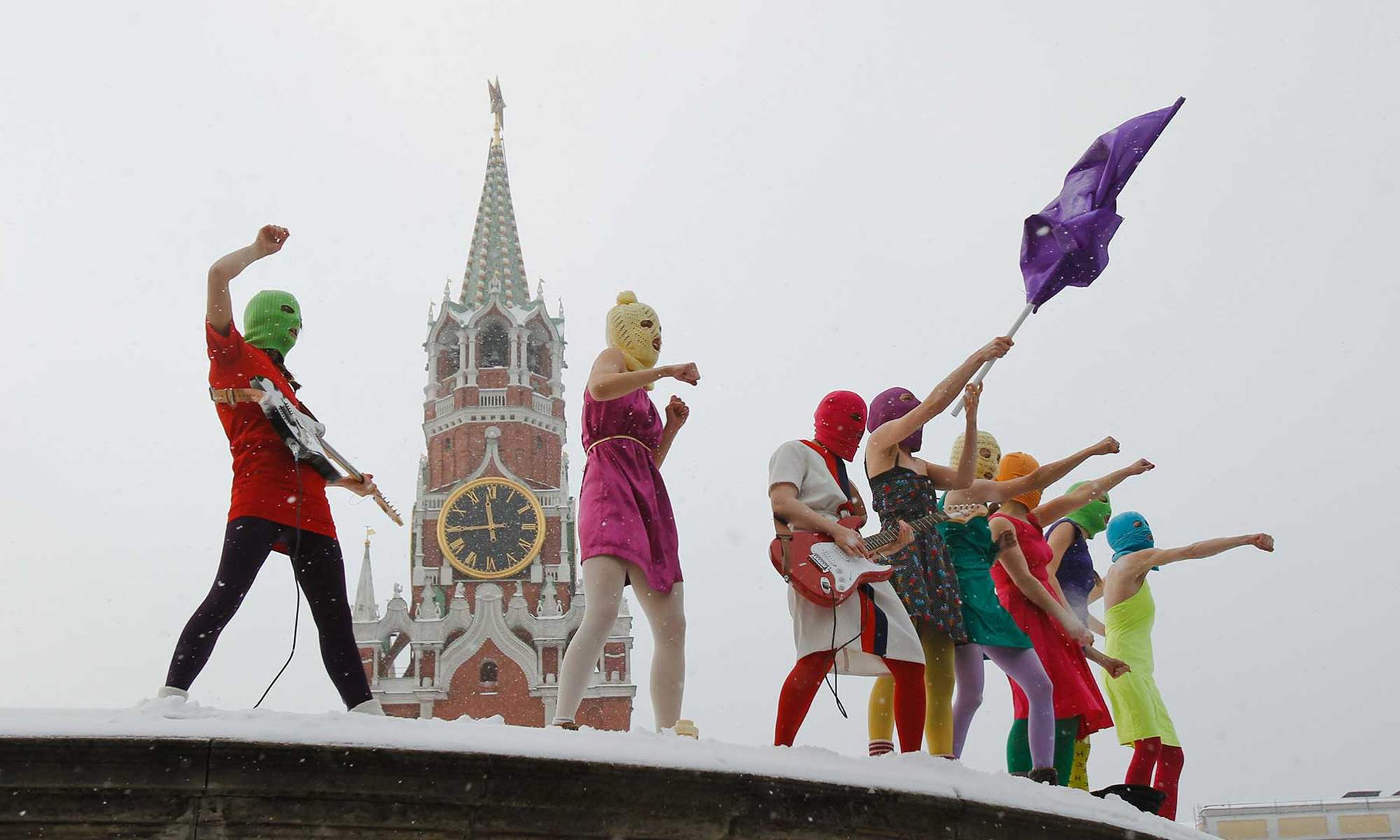King Leopold II of Belgium ruled the Congo Free State from 1885 to 1908, and his reign is marked by extreme brutality and exploitation. Here’s a detailed overview of his involvement in the Congo:
Acquisition of the Congo
- Berlin Conference (1884-1885): King Leopold II secured international recognition of his personal control over the Congo during this conference, which regulated European colonization and trade in Africa.
- Congo Free State: Unlike other colonies, the Congo was not a Belgian state colony but rather Leopold’s private property.
Exploitation and Brutality
- Rubber and Ivory: The main economic activities involved the extraction of rubber and ivory. The demand for rubber, driven by the invention of the pneumatic tire, led to severe exploitation.
- Forced Labor: The Congolese were forced into labor to harvest rubber and gather ivory. Failure to meet quotas often resulted in brutal punishment.
- Atrocities: Widespread atrocities were committed, including mutilation, killings, and taking hostages. Reports documented that hands were cut off as proof that bullets had not been wasted, a method used to enforce terror and compliance.
- Population Decline: It is estimated that the population of the Congo decreased by millions during Leopold’s rule due to the harsh conditions, violence, and diseases exacerbated by exploitation.
International Outcry and Reform
- Casement Report (1904): British consul Roger Casement’s report on the abuses in the Congo brought international attention to the human rights violations.
- E.D. Morel: A British journalist and activist, Morel campaigned against the atrocities, founding the Congo Reform Association.
- Literary Works: Writers like Joseph Conrad (“Heart of Darkness”) and Mark Twain (“King Leopold’s Soliloquy”) criticized the exploitation and helped raise awareness.
Transfer to Belgium
- Annexation (1908): Due to international pressure and domestic outcry in Belgium, the Belgian government took control of the Congo from Leopold, renaming it the Belgian Congo. This transfer marked the end of Leopold’s personal rule but did not immediately end the exploitation and mistreatment of the Congolese people.
Legacy
- Long-term Impact: The exploitation and brutal practices under Leopold’s rule had long-lasting effects on the Congo’s social, economic, and political structures.
- Modern Perspectives: Today, Leopold II’s legacy is widely condemned, and his rule is often cited as one of the most egregious examples of colonial exploitation and human rights abuses.
King Leopold II’s rule over the Congo Free State remains a stark reminder of the devastating impacts of colonialism and the lengths to which individuals and nations went for economic gain at the expense of human lives and dignity.


